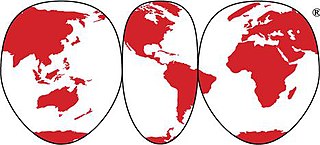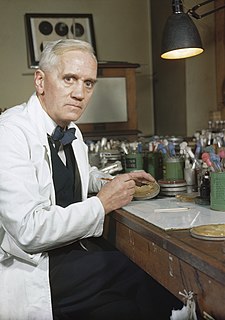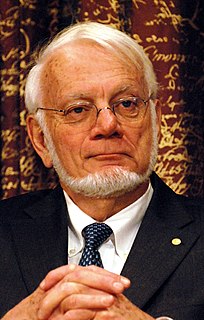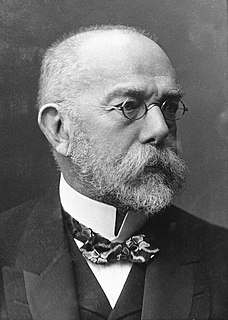A Quote by Bonnie Bassler
Most bacteria aren't bad. We breathe and eat and ingest gobs of bacteria every single moment of our lives. Our food is covered in bacteria. And you're breathing in bacteria all the time, and you mostly don't get sick.
Related Quotes
Lots of people think, well, we're humans; we're the most intelligent and accomplished species; we're in charge. Bacteria may have a different outlook: more bacteria live and work in one linear centimeter of your lower colon than all the humans who have ever lived. That's what's going on in your digestive tract right now. Are we in charge, or are we simply hosts for bacteria? It all depends on your outlook.
Teeth represent only 10 percent of the surface of your mouth and bacteria live throughout the whole mouth. When you stop brushing, bacteria left behind resettle on your teeth and gums. Oil pulling reaches virtually 100 percent of the mouth, thereby affecting all bacteria, viruses, fungi, and protozoa in the mouth.
It has been demonstrated that a species of penicillium produces in culture a very powerful antibacterial substance which affects different bacteria in different degrees. Generally speaking it may be said that the least sensitive bacteria are the Gram-negative bacilli, and the most susceptible are the pyogenic cocci ... In addition to its possible use in the treatment of bacterial infections penicillin is certainly useful... for its power of inhibiting unwanted microbes in bacterial cultures so that penicillin insensitive bacteria can readily be isolated.
Because we humans are big and clever enough to produce and utilize antibiotics and disinfectants, it is easy to convince ourselves that we have banished bacteria to the fringes of existence. Don't you believe it. Bacteria may not build cities or have interesting social lives, but they will be here when the Sun explodes. This is their planet, and we are on it only because they allow us to be.
Nineteen hundred and three will bring great advances in surgery, in the study of bacteria, in the knowledge of the cause and prevention of disease. Medicine is played out. Every new discovery of bacteria shows us all the more convincingly that we have been wrong and that the million tons of stuff we have taken was all useless.




























